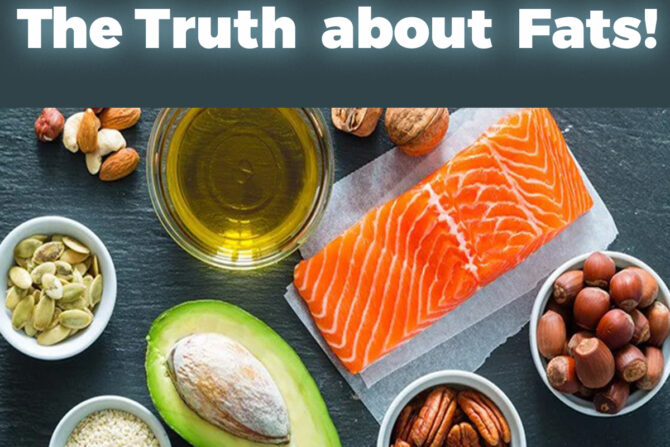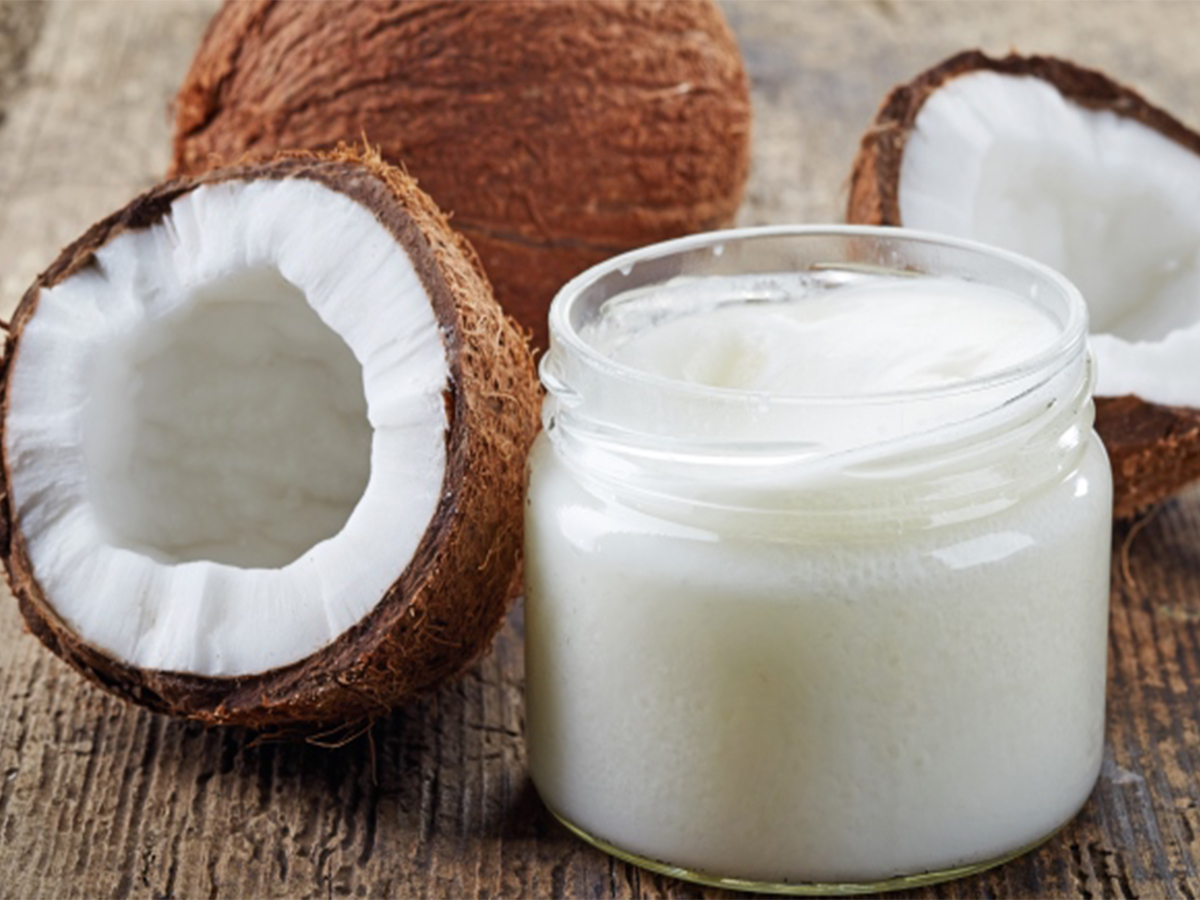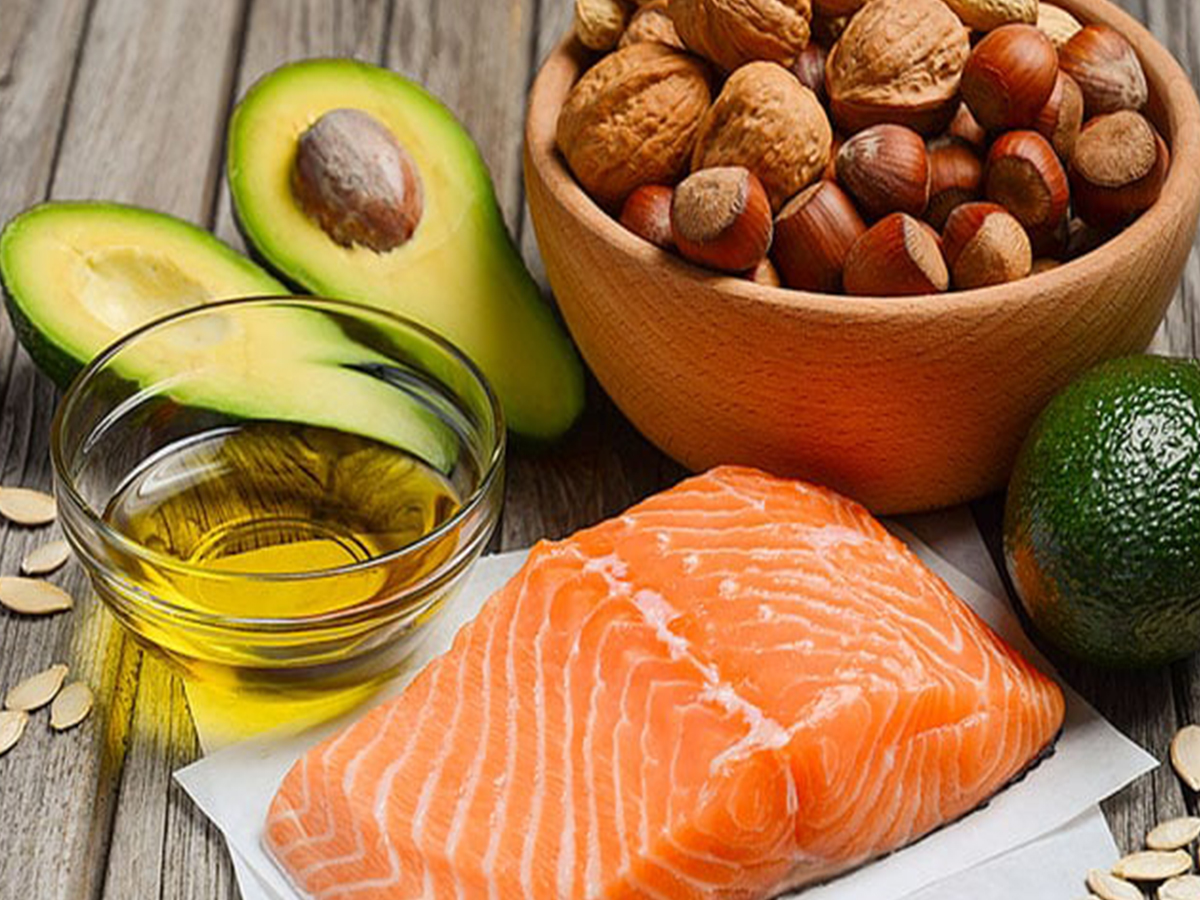
The Truth About Unsaturated Fats: Why They’re Essential for a Healthy Diet
Fats, or lipids, are a class of chemical molecules that are vital to human health and fulfill a variety of biological roles. Triglycerides are the structural building blocks of fats. Triglycerides are molecules that have three fatty acid chains joined to a glycerol backbone. Together with carbohydrates and proteins, fats make up one of the three primary macronutrient groups in the human diet. They are also the fundamental ingredient in many everyday foods, including cooking oils, milk, butter, tallow, and salt pork. With 8 to 9 calories per gram, fat is the most concentrated source of energy in the diet; in contrast, proteins and carbohydrates only comprise 4 calories per gram. They serve vital structural and metabolic roles in the majority of living things, comprising energy storage, waterproofing, and thermal insulation. This article will address the various truths surrounding fats and provide a detailed explanation of their varied forms and significance.
Types of Fat
There are four different kinds of fats:
1. Saturated fats
Saturated fats are normally solid at room temperature. They are commonly found in animal byproducts such as red meat, butter, skinned chicken cheese, and other full-fat dairy items. There is a high content of saturated fats in several plant-based oils, such as coconut and palm oil. Saturated fats make up about 49% of the fat content of palm oil, but about 82% of the fat content of coconut oil is composed of saturated fats. Saturated fats have a straight molecular structure because they don’t have any double bonds between the carbon atoms in their fatty acid chains. Saturated fats are not good for health. A high intake of saturated fats has been linked to an increased risk of cardiovascular disorders like heart disease and stroke, even though tiny amounts of these fats are required for many body activities. Saturated fats also increases the bad cholesterol.
2. Trans fats
Trans fats, are manufactured synthetically by adding hydrogen to liquid vegetable oils to solidify them at room temperature. Trans fats are not good for health. Excessive intake of trans fat in the diet can increase risk of heart disease and other problems. Trans fats lower HDL cholesterol, which is good for health, and increase LDL, which is bad for health. Trans fat is present in a lot of fried or processed meals, even though the food industry has greatly decreased its usage recently. Due to its harmful effects on health, it is officially banned in the USA.
3. Monounsaturated fats
Monounsaturated fat is a type of fat that are present in a variety of foods and are healthier than saturated fats. These fats have at least one double carbon bound in their molecules. Nuts, seeds, avocados, olive oil are foods that have high content of monounsaturated fats. Almonds have almost 64%, peanuts contain 46%, avocados have 67%, and olive oil contains approximately 80% of monounsaturated fats. These fats are beneficial for health and play an important role in maintaining heart and brain health. It decreases bad cholesterol and reduces heart diseases. They aid in the absorption of fat-soluble vitamins including A, D, E, and K and offer vital minerals.

4. Polyunsaturated fats
Polyunsaturated fats are fat molecules that have at least one double carbon bond in their molecular arrangement. These fats are usually liquid at room temperature but can solidify by cooling. Polyunsaturated fats are found in plant foods such as almonds, avocados, and vegetable oils. This kind of fat is beneficial for health if taken in moderation. These fats are beneficial for health in multiple ways. Diets high in polyunsaturated fats help with weight loss and potentially reduce the risk of heart disease.
Revealing the Truth and the Importance of fats
In order to have a healthy life, fat is crucial. These are essential nutrients that provide a substantial energy source. Fats are not only necessary for energy production but also for the construction and function of cells since they are a component of cell membranes and help absorb fat-soluble vitamins including A, D, E, and K. Certain hormones needed for biological functions, including metabolism and reproduction, are generated in part by fats. Lipids also support brain health and cognitive function because fat makes up the majority of the brain and is necessary for normal brain function.

Fats as an Energy Source: Essential for a Healthy Life
Because fats are a concentrated and incredibly efficient source of energy, the body needs them. When fats are consumed, they are broken down into glycerol and fatty acids, which can be further digested to produce ATP, the body’s primary energy source. Fats are an excellent source of energy for prolonged physical activity and metabolic processes because they have a higher energy density than proteins or carbs. Each gram of fat provides approximately 9 calories of energy. When engaging in low-intensity exercise or during periods of reduced glucose availability, such as prolonged endurance activities or fasting, the body primarily uses its stored fat for energy. Additionally, fats are stored in adipose tissue throughout the body, where they can be readily accessed by the organism in the case of a calorie deficit or an increase in energy demands.
Fats as vital structural components
Fats serve as a vital component in the composition of the human body, particularly in the cell membrane. Phospholipids, a significant component of cell membranes, are one type of fat that plays a crucial structural role in the body. Each cell is surrounded by a lipid bilayer made up of these phospholipids, which acts as a barrier between the interior and exterior surroundings. As a result, fats are essential for preserving the functionality and structural integrity of cells throughout the human body.
Fat as a Crucial Factor for Nourishing the Brain
Healthy fats are crucial for brain health. They can support improved brain function. Healthy fats contain monounsaturated and polyunsaturated fats, which contain different fatty acids. These fatty acids help to decrease cognitive decline and reduce the risk of diseases like Alzheimer’s disease. Our brain is composed of at least 50% fat, which itself shows the importance of fats for the human brain.
Balanced Fat Intake: Improving Health and Well-Being Through Perfact Amount
Fats play an important role in our bodies. It is required by our body in multiple ways. Fat is one of the three basic macronutrients, along with proteins and carbohydrates. A balanced diet of fat is essential for health and for various bodily functions. But it is mandatory to keep a balanced diet, not exceeding the limits of the required amount. The right amount of fat will depend on how many calories you need to lose or maintain your current weight. It will also depend on your diet and eating habits. It is generally advised to consume fats that make up less than 35% of our daily energy needs. If someone is taking 2000 calories per day, it should contain no more than 65 grams of fat and less than 20 grams of saturated fat. By including a balanced variety of healthy fats in our diets, we support our body’s ability to perform smoothly, from hormone control to cell structure. Accepting the facts regarding fats and making them a priority in our daily diets will improve our general health.
In summary, it is critical to understand the role that fats play in our diets in order to promote our health and well-being. Although fats have long been demonised, they are in fact necessary for a number of bodily functions, such as energy production, cell structure support, nutrient absorption, and hormone production. The trick is to consume fats in moderation and opt for healthy sources that are high in unsaturated fats while consuming low amounts of saturated and trans fats. By adding a balanced variety of fats from sources like nuts, seeds, fatty fish, and plant-based oils to our diets, we can maximise the health benefits of fats while lowering our risk of developing chronic illnesses.